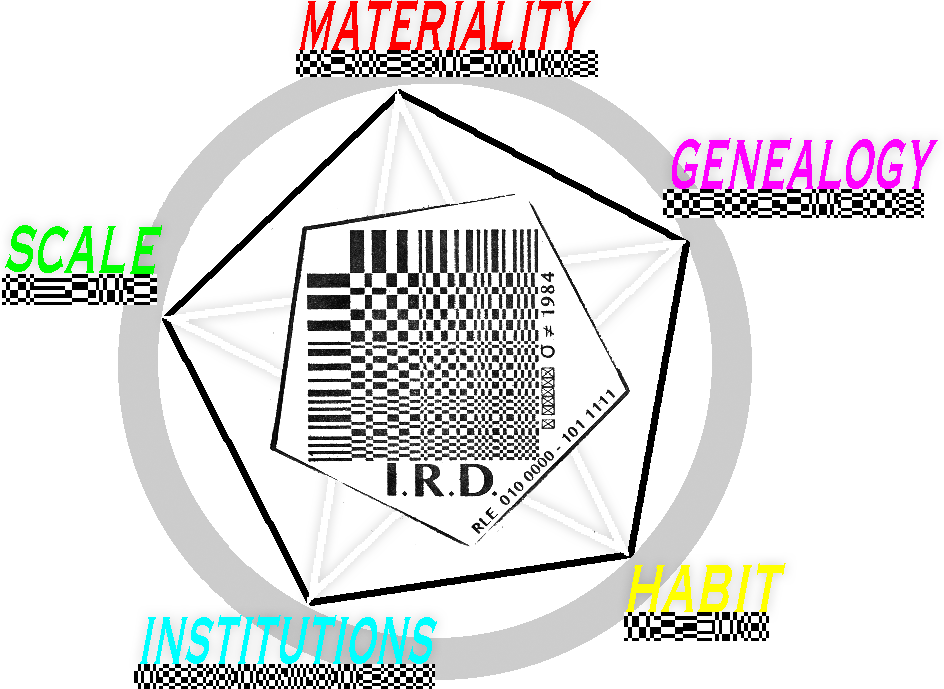In the Winter Camp the networks focussed on questions like logistics, the handling of conflicts, politics, hierarchies, collaborations, finances, legal structures, copyright problems and dissemination within the different networks. Central issues were how the networks handled their scale in the past and how they would productively proceed being an active, strong network in the future (or why not).
Today, most people take part in the many similar, big, controlled sticky bubbles called networks, that aggregate users and content through different channels within (and outside) the internet. As most of these virtual networks have emerged from a history of veteran cyberspace networks like the demoscene, insight could be gained by asking if these younger networks have similar dynamics as these old hand networks and what sort of political and institutional prehistory might be part of the continuum of political culture in these juvenile networks. Other, recurrent main questions that the Winter Camp dealt with were how to describe specific network models and how to write a network historiography.
At Winter Camp I did some interviews with networks that have ties with the demoscene (dyne.org and Goto10). These interviews are (amongst others) now published, together with other reports, registrations and interviews in a book called From Weak Ties to Organized Networks by the Institute of Network Cultures.
You can order a free copy here.
Together with the other publications of the Institute of Network Cultures this publication contributes to theory on how to study networks.
Editor: Geert Lovink. Editorial Assistance: Margreet Riphagen.
Publisher: Institute of Network Cultures, Amsterdam.
ISBN: 978-90-78146-08-7.

No comments:
Post a Comment